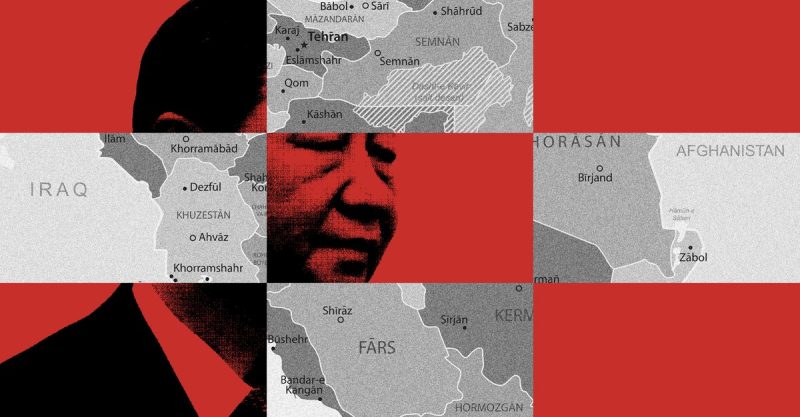
The recent clash between Iran and Israel highlighted a surprising truth: China, despite its growing global influence and economic ties to the region, failed to act as a significant mediator. This raises questions about Beijing’s true capabilities and ambitions on the world stage.
The June conflict saw a notable absence of meaningful intervention from China, a nation that had cultivated strong diplomatic and economic relationships with both Iran and other Middle Eastern powers, including Saudi Arabia and the UAE. This inaction is particularly striking given China’s heavy reliance on Middle Eastern oil, making regional stability a crucial element of its energy security.
While Chinese President Xi Jinping did propose a four-point peace plan advocating for a ceasefire and negotiations regarding Iran’s nuclear program, offering to play a ‘constructive role’, these efforts ultimately proved fruitless. The plan failed to bring the warring parties – particularly Israel – to the negotiating table, exposing limitations in China’s diplomatic leverage in the volatile Middle East.
This incident challenges the narrative of China’s imminent rise to global superpower status. While Beijing’s economic influence is undeniable, its ability to translate this power into effective diplomatic action in critical situations remains questionable. The Middle East conflict serves as a stark reminder that economic might doesn’t automatically equate to political influence or the capacity to resolve complex geopolitical crises.
The lack of significant Chinese involvement raises concerns about the country’s actual commitment to regional stability and its capacity to manage international conflicts effectively. It suggests a gap between China’s stated ambitions and its current capabilities in mediating high-stakes geopolitical disputes. The incident underscores the ongoing complexities of international relations and the limitations of even the most powerful economic actors in navigating the intricate dynamics of the Middle East.










